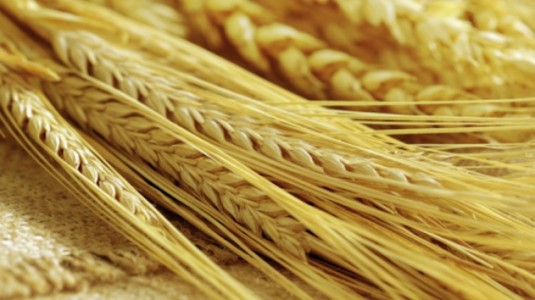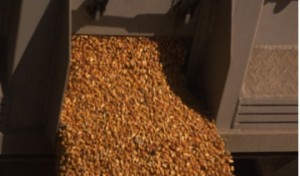
Cigi to revamp equipment and enhance applied research
Food in Canada
Business Operations Research & Development Bake & Snack Food Grain & Oilseed Milling $2 million investment Canadian International Grains Institute CIGIA $2-million investment means the Canadian International Grains Institute can upgrade its equipment, enhance its research activities, and support farmers and industry

Winnipeg, Man. — With an investment of $2 million, the Canadian International Grains Institute (Cigi) will purchase new equipment to support its applied research work. That work will help to strengthen the grains industry.
Cigi is using the investment from the federal government to add 20 new, specialized pieces of equipment, replacing  outdated equipment and creating new capabilities in the milling, baking, noodle, pasta, pulse and analytical services facilities.
outdated equipment and creating new capabilities in the milling, baking, noodle, pasta, pulse and analytical services facilities.
“We are very excited about the work that this investment will allow us to do,” says Rex Newkirk, vice-president of Research and Innovation at Cigi.
“This gives us the opportunity to purchase, for example, equipment such as a Swedish-manufactured Bomill, which involves near infrared transmittance (NIR) to sort grain in order to improve its quality and grade, a Mixolab used to test samples of flour for dough characteristics, and a cooking system that will enable us to expand our work with pulses. This wide range of equipment will give us a huge opportunity to add value to the crops we work with.”
The new equipment also opens up opportunities for Cigi to partner with Manitoba organizations.
Some of the new capabilities include measuring how various production methods affect the flavour of foods made from pulse crops using an infrared cooking system, and demonstrating how Canadian wheat can be used in making artisan breads.
Cigi says once the new equipment is installed into its existing facilities, it will also be used to:
* sort milling grains based on quality and grade, using near infrared transmittance technology;
* rapidly measure the quality of wheat, flour and semolina during milling, based on protein, moisture and other characteristics;
* mill flour from extremely small samples, which is needed when new wheat varieties are being developed;
* make sheets of dough for pastries, rolls, crusts and other baked goods;
* increase the variety of extruded products, like noodles, that can be made and analyzed;
* add a laboratory-scale pasta dryer to allow more efficient testing;
* measure the colour of pasta doughs to meet customer demands;
* more effectively mill pulses and other crops in a Ferkar mill, the first of its kind in Manitoba; and
* measure the elasticity and stretchiness of dough, which indicates gluten content in wheat.
Print this page